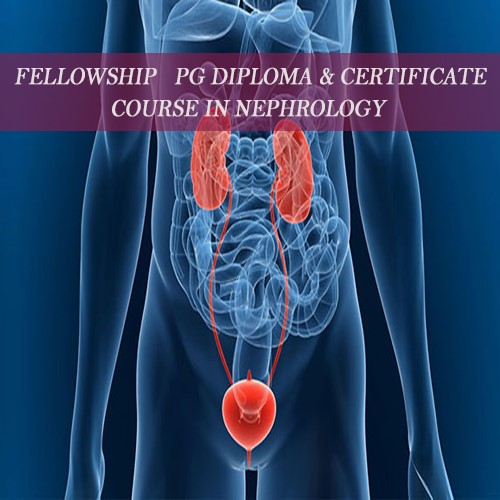
Nephrology is the internal medicine subspecialty concerned with the diagnosis and management of people with kidney problems. Because the organ has so many vital jobs, nephrologists are experts in diagnosing and treating basic kidney issues and the systemic effects of renal impairment. Nephrologists’ careers are most often summoned to assist in management of more complex or advanced nephrology processes, and while the care of early kidney disease is a large part of related to internal medicine practice.
Doctors treat conditions such as primary kidney disorders (particularly diseases of the glomeruli (including uremic syndrome or diabetic nephropathy), tubular dysfunctions, and chemical effects on the kidney, including many drugs and diagnostic agents. Fellowship in practice of nephrology shall entail knowledge of nephrology disorders, collecting system and bladder including nephrolithiasis and issue of vasculature, infections and kidney tumors. The main job of nephrologists is to know intimately how kidneys are involved in other medical disorders (for example serve as valuable or heart failure), and because kidneys essential for keep blood pressure, they know how to manage hypertension too, especially when difficult to control. Another area where nephrologists’ diploma can help is the management of fluid osmotic and acid-base derangements especially when the kidney disease is advanced. Nephrology is vital for every patient who needs renal replacement therapy through treatment (hem dialysis and dialysis) supervision and participates in the organ transplant method when required. Most physicians practice alone or in small groups, providing consultations to other doctors and caring for chronic kidney disease patients over time. Nephrologists may also provide in-hospital consultation as part of their profession. Furthermore, nephrologists oversee the operation of dialysis centers, which can be integrated into their own practice, separate from their practice or a department of a hospital. Some run offices that are a mix of nephrology and PA patients. Nephrologists practice in the academic environment in which they provide hospital- and office-based care to patients through both continuous and outpatient consultative care, conduct basic and clinical research on the various maladies affecting the kidneys, and teach physician-students and residents.
Nephrology is the branch of medicine concerned with the study and treatment of kidney diseases, including electrolyte imbalances and hypertension, and the care of those requiring renal replacement therapy, such as dialysis and kidney transplants. The word "dialysis" has its origin in the middle of the 19th century and stems from the Greek word "dialysis," itself derived from the combining forms of "dialuein" (split, separate), "dia" (apart), and "luein" (set free). In other words, dialysis replaces the kidney’s most important (excretory) job of separating (and removing) excess water and toxins from the blood and eliminating them in urine. Many kidney diseases are systemic diseases that affect more than just the organ and require specialized care. These can be congenital or inherited conditions, such as polycystic kidney disease, or acquired diseases such as systemic vasculitis and autoimmune diseases. Patients are referred to nephrologists because of various conditions after a urinalysis is performed, including acute kidney injury, kidney disease, proteinuria, kidney stones, hypertensive, and balancing problems of acid-base or electrolyte.
There are few nephrology classes each having very vast facets of medication. Nephrology courses are available in different levels in order to better prepare potential healthcare professionals for their careers. There are a range of nephrology courses for applicants to choose from and enroll in the one that best fits their needs and future goals. Here are some of the most notable nephrology courses.
Graduate Programs:
MBBS (Master of Dental surgery): This four and a half-year curriculum requires a minimum grade of XII or equivalent in physics, chemistry, and biology to be passed to be eligible.
Master's Programs:
MD(General Medicine): After doing your MBBS, you can go for MD (General Medicine) programmed. The course is a three-year course. It is a continuing medical education degree focusing on the kidneys and kidney-related disorders.
Doctoral programmers
You may then apply for a DNB in Nephrology or Doctor of Medicine (DM) in Nephrology after receiving your graduate degree. The duration of this programmed is three years. You would be able to work as nephrologists training after obtaining the MCI registration.
Specialties and Syllabus of Courses in Nephrology
The professional should be able to implant standards after attaining the subjects at the following levels. Let us analyze the topics which were offered at the different levels.
Nephrology careers
And these students support their own bachelor's, master's, and doctoral degrees in nephrology to pursue careers as nephrologists, pediatric nephrologists, transplant nephrologists, urologists, interventional nephrologists, and other specialties to showcase their remarkably powerful gifts. There are many job opportunities for freshmen and people searching for jobs in the public and commercial sectors. Here is a list of some high-income career paths:
Nephrologists: A nephrologist specializes in the treatment of kidney diseases. They are also very acutely aware of how kidney disease or kidney malfunction can affect other places in your body. Nephrologists specialize in disorders that particularly target the kidneys.
A pediatric nephrologist has the necessary expertise to care for your child, whether he or she has kidney or urinary tract disorders, kidney stones, bladder problems or high blood pressure. This takes care of children from early childhood until late adolescence and, at some facilities, young adulthood.
 Diabetology Course
Diabetology Course Family Medicine
Family Medicine Cardiology
Cardiology Pediatrics
Pediatrics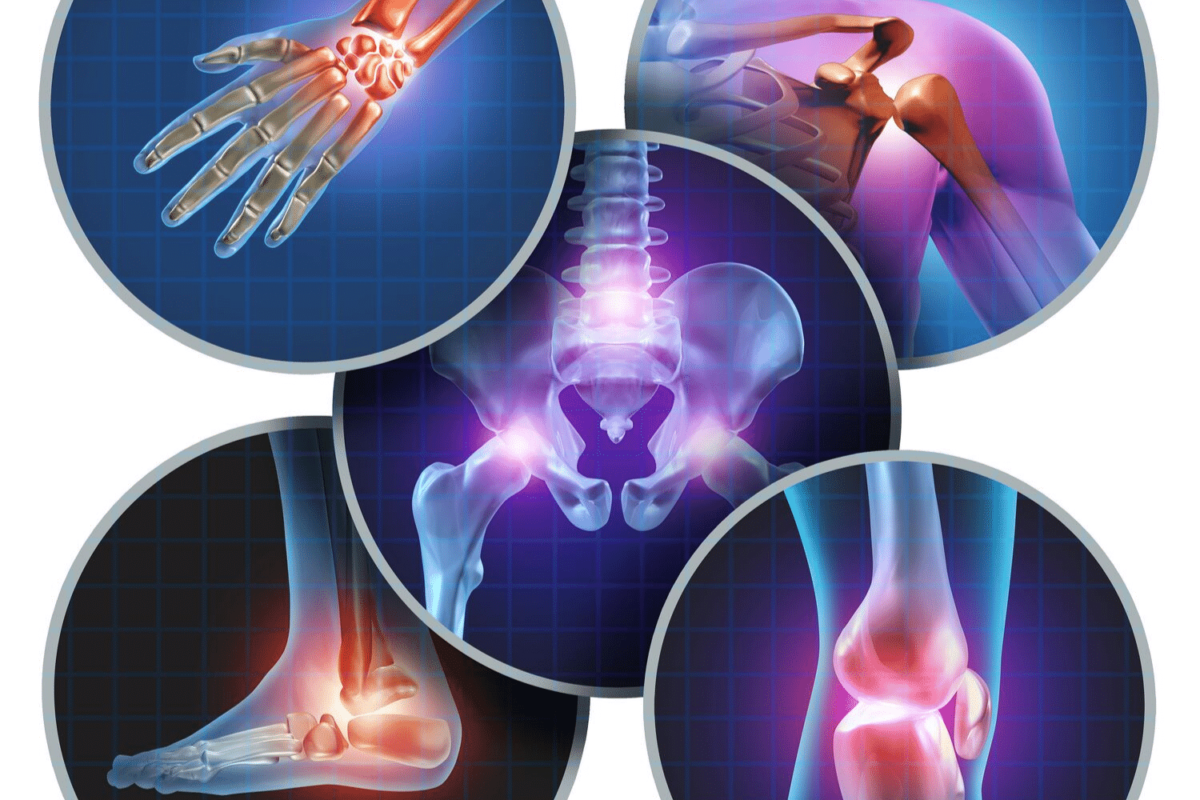 Rheumatology Courses
Rheumatology Courses Emergency Medicine Course
Emergency Medicine Course Endocrinology Course
Endocrinology Course MBA in Hospital Management
MBA in Hospital Management Hospital Management Courses
Hospital Management Courses PhD in Healthcare
PhD in Healthcare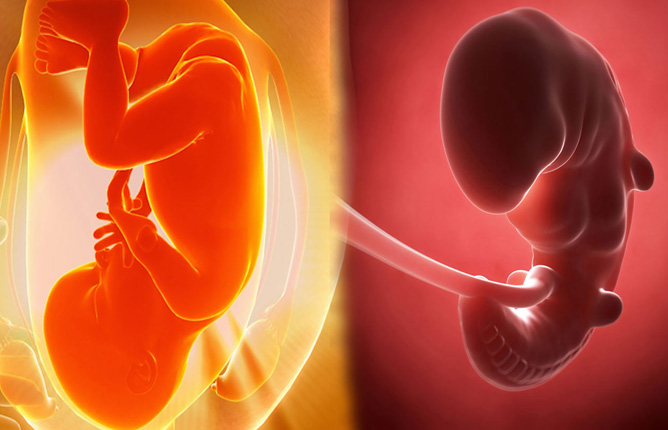 Master Class in Gynecology & Obstetrics
Master Class in Gynecology & Obstetrics Ultrasound Training Courses
Ultrasound Training Courses 2D Echo
2D Echo Fellowship in Diabetology
Fellowship in Diabetology Fellowship in Cosmetology
Fellowship in Cosmetology Fellowship In Critical Care Medicine
Fellowship In Critical Care Medicine Fellowship in Epidemiology and Biostatistics
Fellowship in Epidemiology and Biostatistics Fellowship in Infectious Diseases
Fellowship in Infectious Diseases Fellowship in Intensive Care Medicine
Fellowship in Intensive Care Medicine Fellowship in Internal Medicine
Fellowship in Internal Medicine Hair Transplant Training Courses
Hair Transplant Training Courses Infertility Training Courses
Infertility Training Courses IVF Training Courses
IVF Training Courses Aesthetic Medicine Courses
Aesthetic Medicine Courses Gastroenterology
Gastroenterology Pulmonology Courses
Pulmonology Courses Oncology Courses
Oncology Courses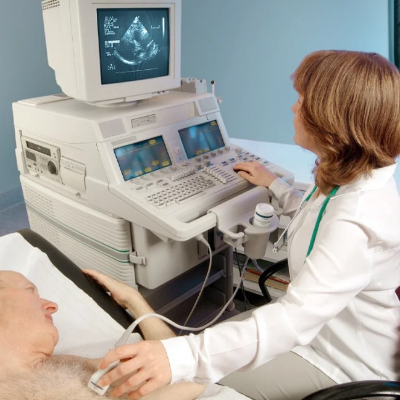 Fellowship in Echocardiography
Fellowship in Echocardiography Certificate Course in Diabetes
Certificate Course in Diabetes Fellowship in Obstetrics and Gynaecology
Fellowship in Obstetrics and Gynaecology Fellowship in Cardiology
Fellowship in Cardiology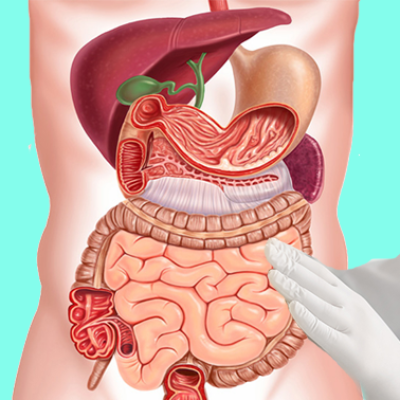 Fellowship in Gastroenterology
Fellowship in Gastroenterology Fellowship in Emergency Medicine
Fellowship in Emergency Medicine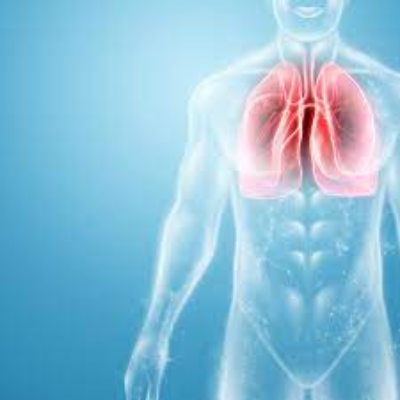 Fellowship in Pulmonology
Fellowship in Pulmonology Fellowship in Pediatrics
Fellowship in Pediatrics Fellowship in Oncology
Fellowship in Oncology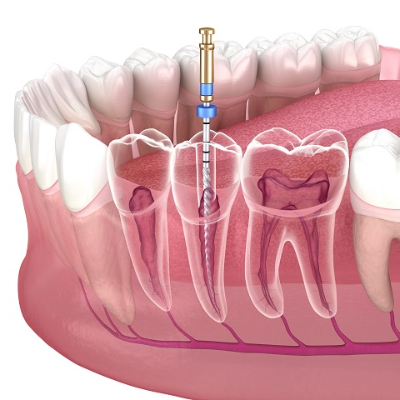 Fellowship in Endodontics
Fellowship in Endodontics Fellowship in Nutrition
Fellowship in Nutrition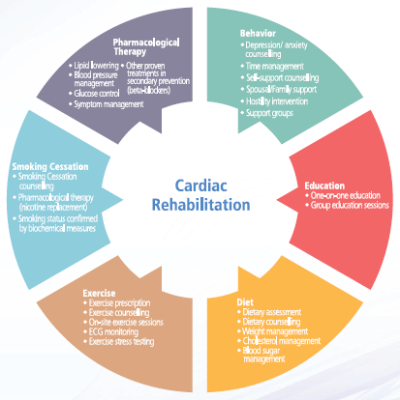 Fellowship in Cardiac Rehabilitation
Fellowship in Cardiac Rehabilitation Fellowship in Neurological Rehabilitation
Fellowship in Neurological Rehabilitation Fellowship in Sports Rehabilitation
Fellowship in Sports Rehabilitation Fellowship in Family Medicine
Fellowship in Family Medicine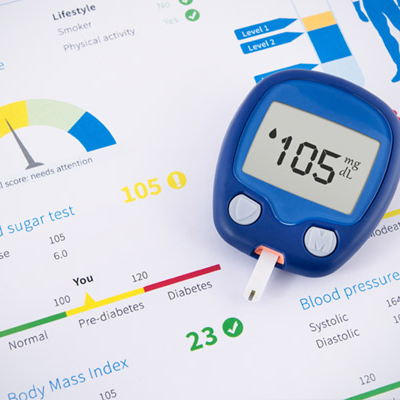 Diabetes Courses for Doctors
Diabetes Courses for Doctors PG Diploma in Infectious Diseases
PG Diploma in Infectious Diseases Fellowship in Embryology
Fellowship in Embryology Fellowship in Gynecology and Obstetrics
Fellowship in Gynecology and Obstetrics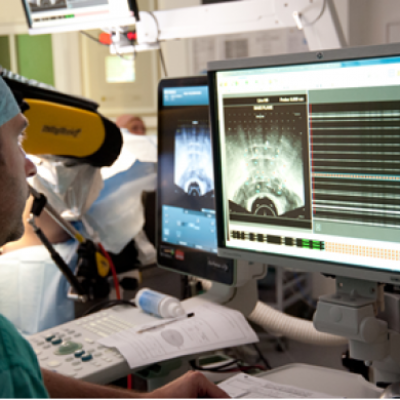 Fellowship in Clinical Oncology
Fellowship in Clinical Oncology Fellowship in Preventive Cardiology
Fellowship in Preventive Cardiology Fellowship in Clinical Nutrition
Fellowship in Clinical Nutrition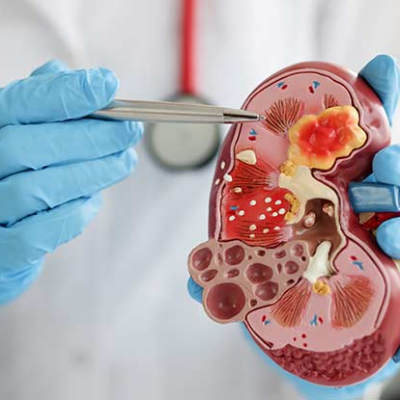 Fellowship in Nephrology
Fellowship in Nephrology Fellowship in Musculoskeletal Ultrasound
Fellowship in Musculoskeletal Ultrasound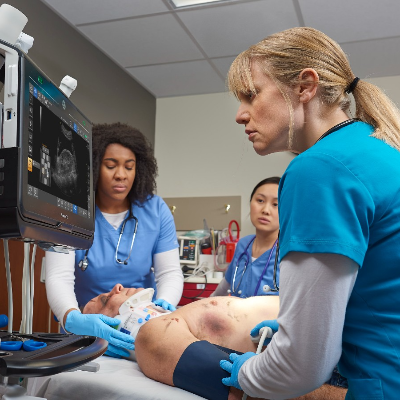 Fellowship in Emergency Ultrasound
Fellowship in Emergency Ultrasound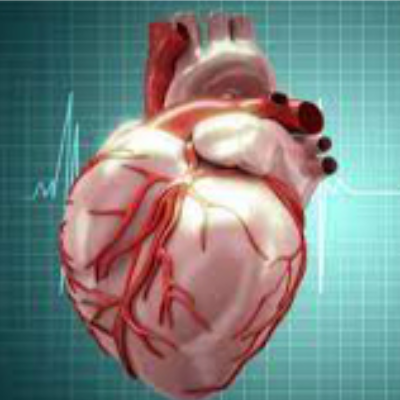 Fellowship in Clinical Cardiology
Fellowship in Clinical Cardiology Fellowship in Non Invasive Cardiology
Fellowship in Non Invasive Cardiology Fellowship after MBBS
Fellowship after MBBS Online Courses After MBBS
Online Courses After MBBS Diploma After MBBS
Diploma After MBBS Post MBBS Diploma Courses
Post MBBS Diploma Courses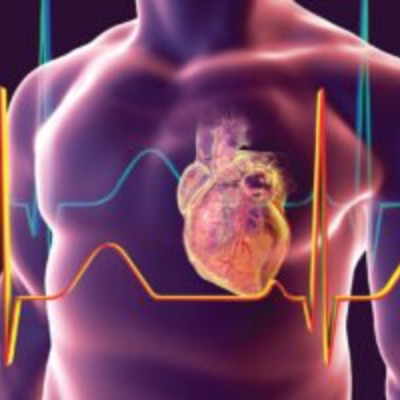 2D Echo Course Online
2D Echo Course Online 2D Echo Fellowship
2D Echo Fellowship 2D Echo Training
2D Echo Training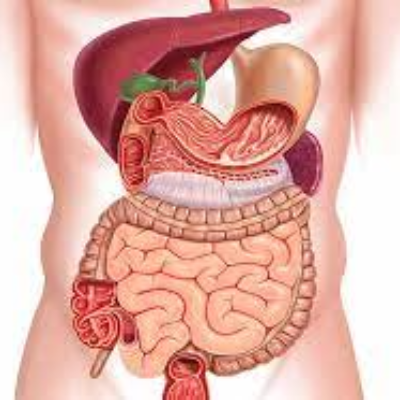 Advance Certificate Course in Gastroenterology
Advance Certificate Course in Gastroenterology Cardiac Rehabilitation Fellowship
Cardiac Rehabilitation Fellowship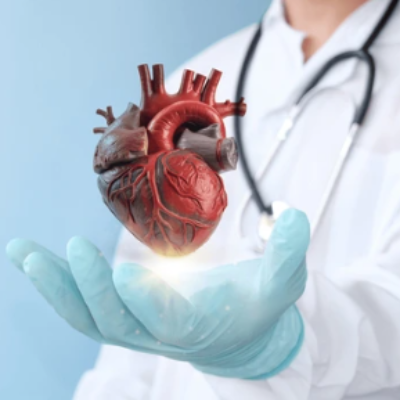 Cardiologist Course
Cardiologist Course Cardiology Courses after MBBS
Cardiology Courses after MBBS Cardiology Diploma Courses
Cardiology Diploma Courses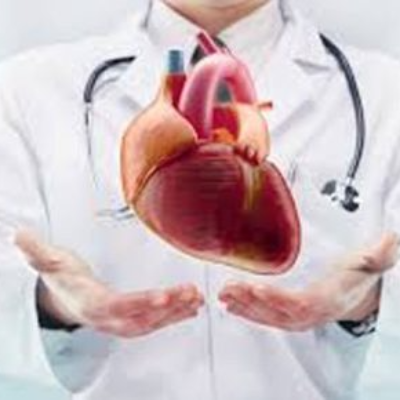 Cardiology Fellowship in India
Cardiology Fellowship in India Certificate Course in Diabetology
Certificate Course in Diabetology Certificate Course in Echocardiography
Certificate Course in Echocardiography Certificate Course in Emergency Medicine
Certificate Course in Emergency Medicine Certificate Course in Endocrinology
Certificate Course in Endocrinology Certificate Course in Family Medicine
Certificate Course in Family Medicine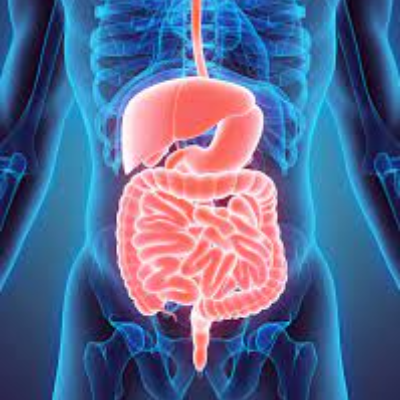 Certificate Course in Gastroenterology
Certificate Course in Gastroenterology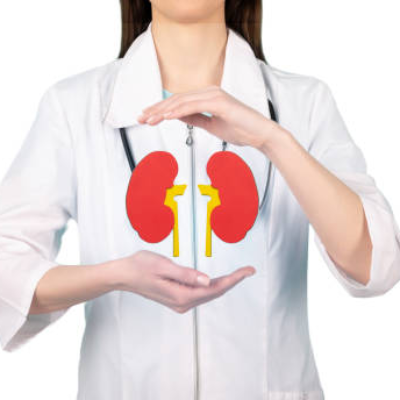 Certificate Course in Nephrology
Certificate Course in Nephrology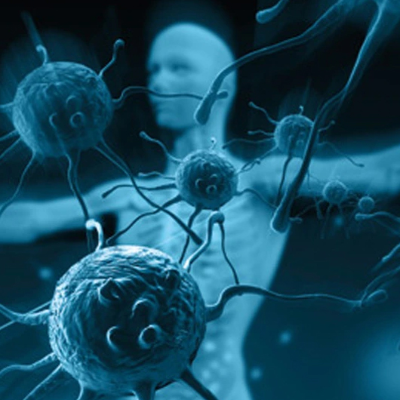 Certificate Course in Oncology
Certificate Course in Oncology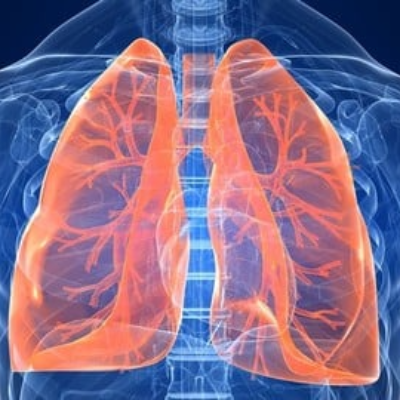 Certificate Course in Pulmonology
Certificate Course in Pulmonology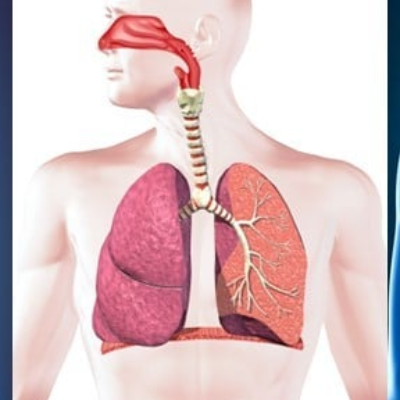 Certificate Course in Respiratory Medicine
Certificate Course in Respiratory Medicine Certificate Course in Rheumatology
Certificate Course in Rheumatology Certificate Courses after MBBS
Certificate Courses after MBBS Certificate Courses for Doctors
Certificate Courses for Doctors Certificate Courses in Pediatrics
Certificate Courses in Pediatrics Clinical Cosmetology Courses
Clinical Cosmetology Courses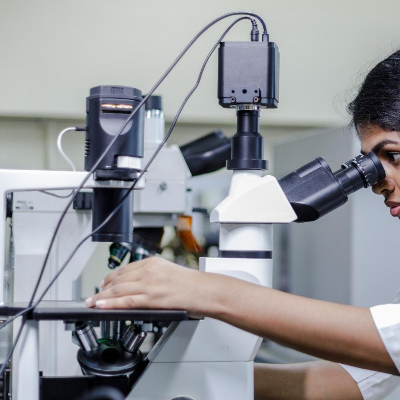 Clinical Embryology Courses
Clinical Embryology Courses Clinical Nutrition Fellowship
Clinical Nutrition Fellowship Cosmetic Dermatology Courses
Cosmetic Dermatology Courses Cosmetic Medicine Courses
Cosmetic Medicine Courses Cosmetic Surgery Training
Cosmetic Surgery Training Cosmetology Course after MBBS
Cosmetology Course after MBBS Cosmetology Course
Cosmetology Course Cosmetology Course for Doctors
Cosmetology Course for Doctors Courses for Doctors
Courses for Doctors Critical Care Course after MBBS
Critical Care Course after MBBS Critical Care Fellowship
Critical Care Fellowship Critical Care Medicine Course
Critical Care Medicine Course Dental Oncology Courses
Dental Oncology Courses Developmental Pediatrics Online Course
Developmental Pediatrics Online Course Diabetes Certificate Course
Diabetes Certificate Course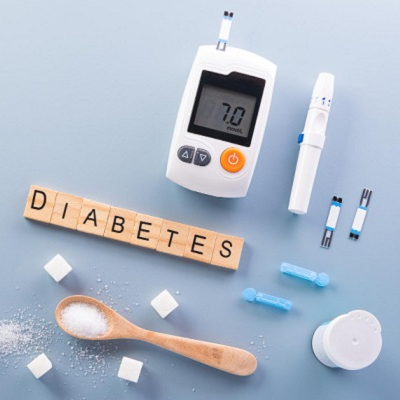 Diabetes Course
Diabetes Course Diabetes Course After MBBS
Diabetes Course After MBBS Diabetes Course for Ayush Doctors
Diabetes Course for Ayush Doctors Diabetes Diploma
Diabetes Diploma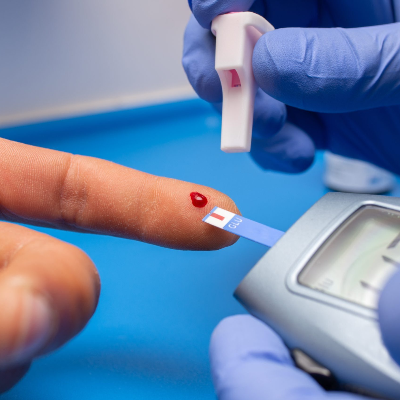 Diabetes Fellowship
Diabetes Fellowship Diabetes Management Courses for Doctors
Diabetes Management Courses for Doctors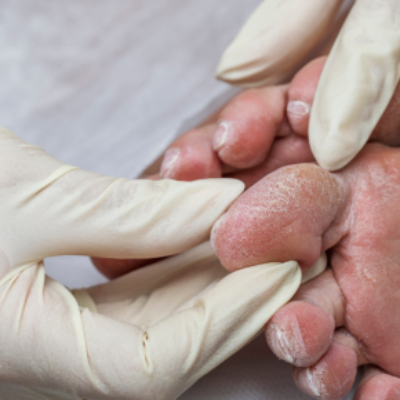 Diabetologist Course
Diabetologist Course Diabetology Course after MBBS
Diabetology Course after MBBS Diabetology Course Online
Diabetology Course Online Diabetology Diploma
Diabetology Diploma Diabetology Fellowship
Diabetology Fellowship Diabetology Fellowship after MBBS
Diabetology Fellowship after MBBS Diploma Cardiology
Diploma Cardiology Diploma Courses after MBBS
Diploma Courses after MBBS Diploma Courses for Doctors
Diploma Courses for Doctors Diploma Courses in Medical Field
Diploma Courses in Medical Field Diploma Family Medicine
Diploma Family Medicine Diploma in Aesthetic Medicine
Diploma in Aesthetic Medicine Diploma in Biostatistics
Diploma in Biostatistics Diploma in Cardiology
Diploma in Cardiology Diploma in Cardiology after MBBS
Diploma in Cardiology after MBBS Diploma in Cardiology Online
Diploma in Cardiology Online Diploma in Clinical Cardiology
Diploma in Clinical Cardiology Diploma in Cosmetology
Diploma in Cosmetology Diploma in Cosmetology for Doctors
Diploma in Cosmetology for Doctors Diploma in Critical Care Medicine
Diploma in Critical Care Medicine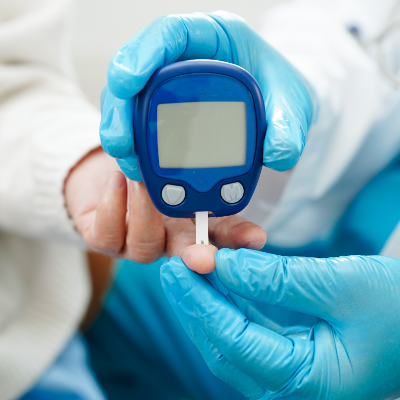 Diploma in Diabetes
Diploma in Diabetes Diploma in Diabetes after MBBS
Diploma in Diabetes after MBBS Diploma in Diabetes Management
Diploma in Diabetes Management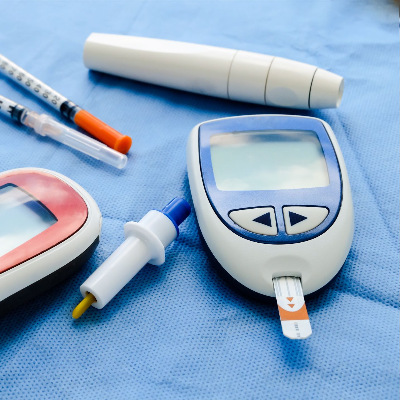 Diploma in Diabetes Online
Diploma in Diabetes Online Diploma in Diabetology
Diploma in Diabetology Diploma in Diabetology after MBBS
Diploma in Diabetology after MBBS Diploma in Diabetology MCI Recognised
Diploma in Diabetology MCI Recognised Diploma in Diabetology Online Course
Diploma in Diabetology Online Course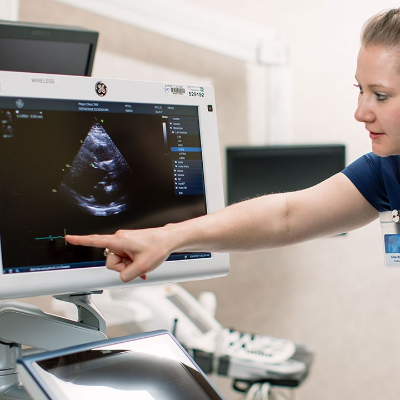 Diploma in Echocardiography
Diploma in Echocardiography Diploma in Emergency Medicine
Diploma in Emergency Medicine Diploma in Emergency Medicine after MBBS
Diploma in Emergency Medicine after MBBS Diploma in Endocrinology
Diploma in Endocrinology Diploma in Family Medicine Online
Diploma in Family Medicine Online Diploma in Gastroenterology
Diploma in Gastroenterology Diploma in Hospital Administration
Diploma in Hospital Administration Diploma in Hospital Management
Diploma in Hospital Management Diploma in Infectious Diseases
Diploma in Infectious Diseases Diploma in Internal Medicine
Diploma in Internal Medicine Diploma in Medical Cosmetology
Diploma in Medical Cosmetology Diploma in Medical Oncology
Diploma in Medical Oncology Diploma in Medicine
Diploma in Medicine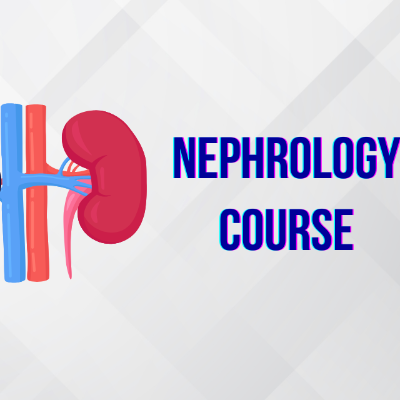 Diploma in Nephrology
Diploma in Nephrology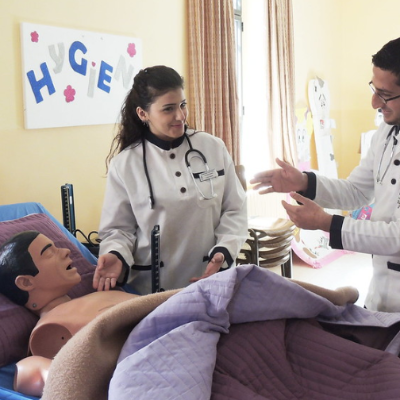 Diploma in Oncology
Diploma in Oncology Diploma in Pediatrics
Diploma in Pediatrics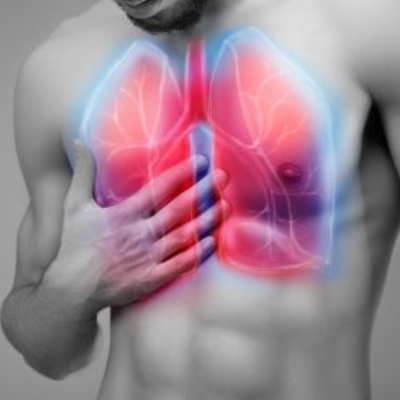 Diploma in Pulmonary Medicine
Diploma in Pulmonary Medicine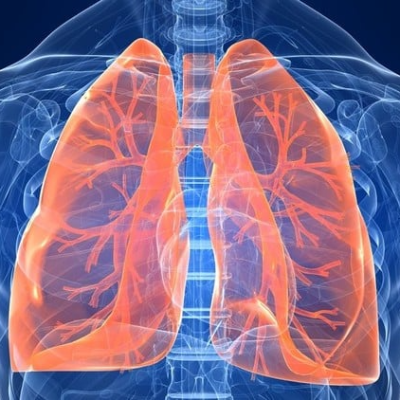 Diploma in Pulmonology
Diploma in Pulmonology Diploma in Reproductive Medicine
Diploma in Reproductive Medicine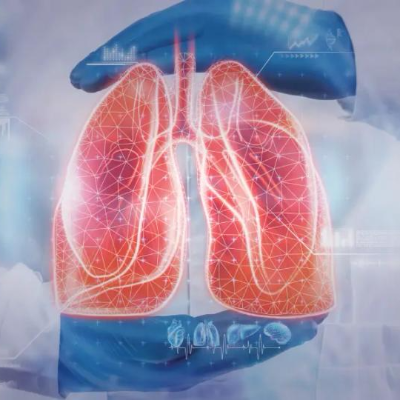 Diploma in Respiratory Medicine
Diploma in Respiratory Medicine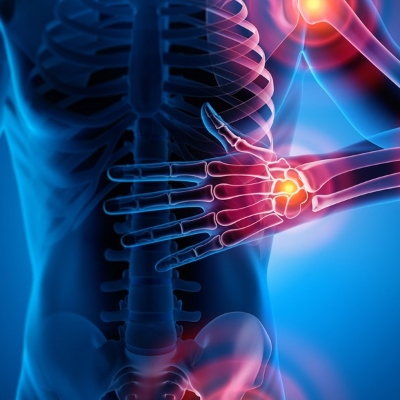 Diploma in Rheumatology
Diploma in Rheumatology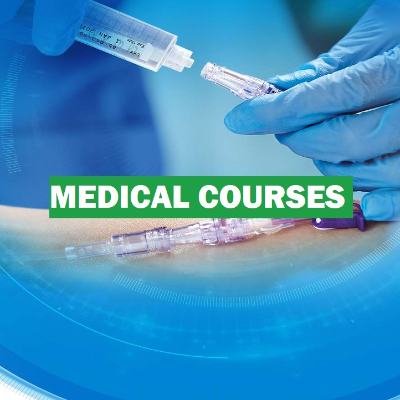 Diploma Medical Courses
Diploma Medical Courses Doctor Diploma
Doctor Diploma Echo Certificate Course
Echo Certificate Course Echo Course
Echo Course Echo Fellowship
Echo Fellowship Echo Technician Course
Echo Technician Course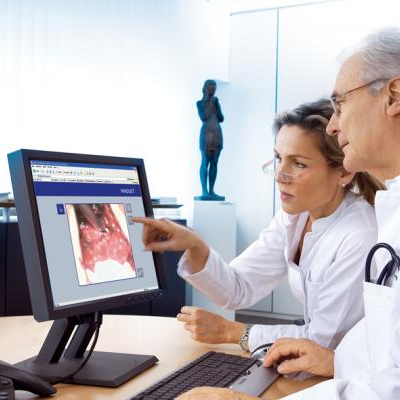 Echo Training
Echo Training Echocardiography Course
Echocardiography Course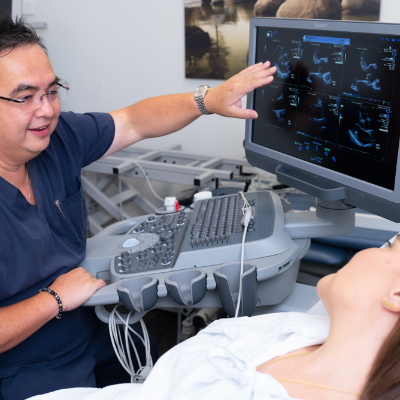 Echocardiography Course for Doctors
Echocardiography Course for Doctors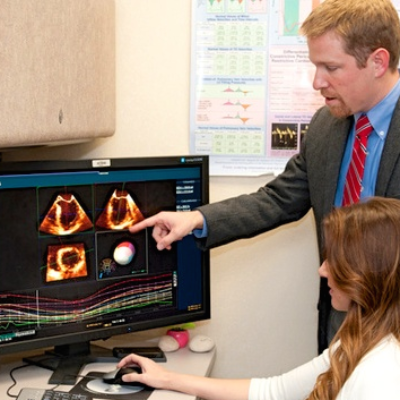 Echocardiography Courses for Physicians
Echocardiography Courses for Physicians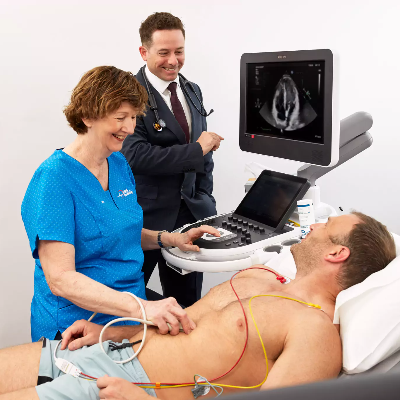 Echocardiography Diploma
Echocardiography Diploma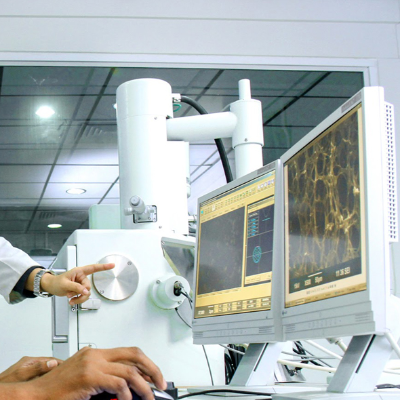 Echocardiography Technician Course
Echocardiography Technician Course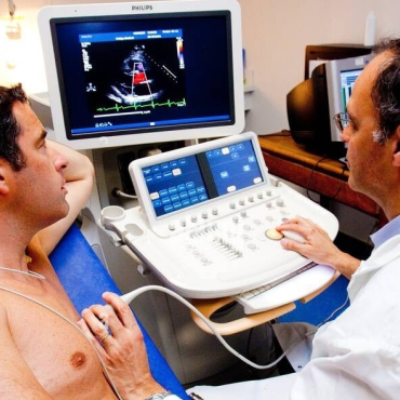 Echocardiography Training Course
Echocardiography Training Course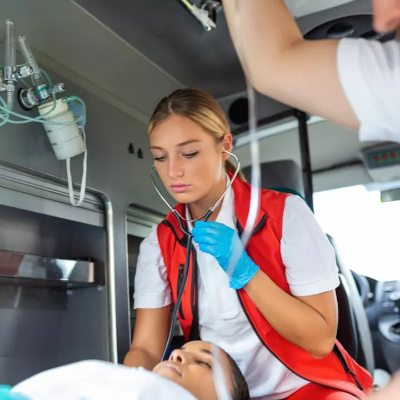 Emergency Medicine Certificate Course
Emergency Medicine Certificate Course Emergency Medicine Course after MBBS
Emergency Medicine Course after MBBS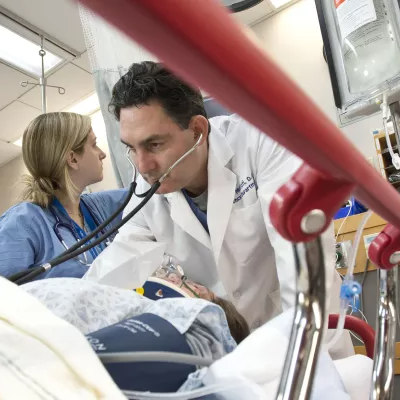 Emergency Medicine Course for Ayush Doctors
Emergency Medicine Course for Ayush Doctors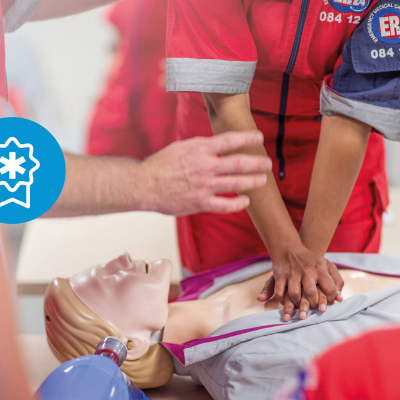 Emergency Medicine Diploma
Emergency Medicine Diploma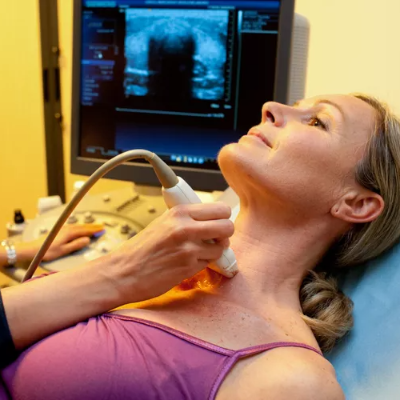 Endocrinologist Course
Endocrinologist Course Endocrinology Courses Online
Endocrinology Courses Online Endocrinology Diploma
Endocrinology Diploma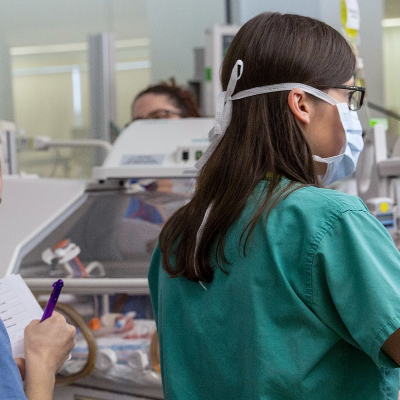 Endocrinology Fellowship
Endocrinology Fellowship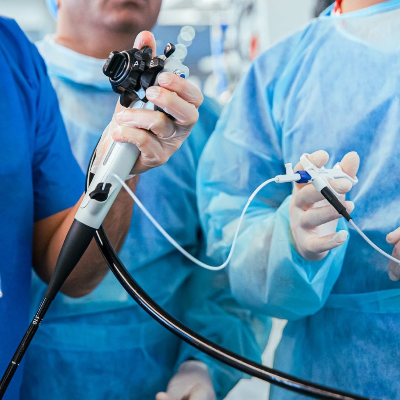 Endoscopy Training Courses
Endoscopy Training Courses Family Medicine Course Online
Family Medicine Course Online Family Medicine Courses
Family Medicine Courses Family Medicine Diploma
Family Medicine Diploma Family Medicine Diploma Online
Family Medicine Diploma Online Family Medicine Fellowship
Family Medicine Fellowship Family Medicine Online Course
Family Medicine Online Course Family Physician Course
Family Physician Course Fellowship Courses after BAMS
Fellowship Courses after BAMS Fellowship Courses after BDS
Fellowship Courses after BDS Fellowship Courses after MBBS Online
Fellowship Courses after MBBS Online Fellowship in 2D Echo
Fellowship in 2D Echo Fellowship in 2D Echocardiography
Fellowship in 2D Echocardiography Fellowship in Aesthetic Medicine
Fellowship in Aesthetic Medicine Fellowship in Cardiology after BAMS
Fellowship in Cardiology after BAMS Fellowship in Cardiology after MBBS
Fellowship in Cardiology after MBBS Fellowship in Clinical Cosmetology
Fellowship in Clinical Cosmetology Fellowship in Cosmetic Dermatology
Fellowship in Cosmetic Dermatology Fellowship in Cosmetology after BDS
Fellowship in Cosmetology after BDS Fellowship in Cosmetology after MBBS
Fellowship in Cosmetology after MBBS Fellowship in Critical Care
Fellowship in Critical Care Fellowship in Dermatology after MBBS
Fellowship in Dermatology after MBBS Fellowship in Diabetes after MBBS
Fellowship in Diabetes after MBBS Fellowship in Diabetes and Endocrinology
Fellowship in Diabetes and Endocrinology Fellowship in diabetes Mellitus
Fellowship in diabetes Mellitus Fellowship in Diabetology after MBBS
Fellowship in Diabetology after MBBS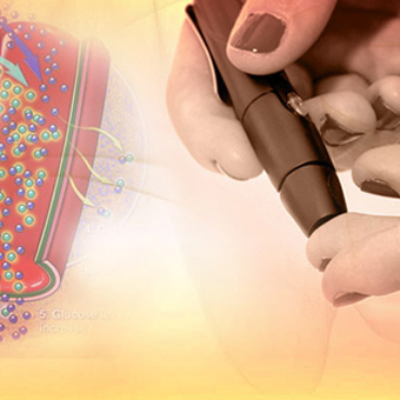 Fellowship in Diabetes
Fellowship in Diabetes Fellowship in Diabetology Online
Fellowship in Diabetology Online Fellowship in Emergency Medicine after MBBS
Fellowship in Emergency Medicine after MBBS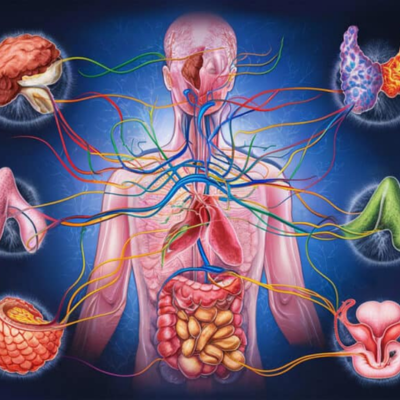 Fellowship in Endocrinology in India
Fellowship in Endocrinology in India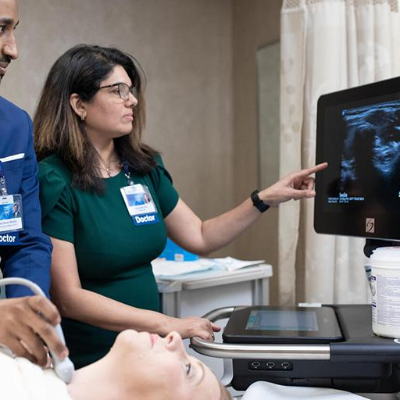 Fellowship in Endocrinology Online
Fellowship in Endocrinology Online Fellowship in Family Medicine Online
Fellowship in Family Medicine Online Fellowship in General Medicine
Fellowship in General Medicine Fellowship in Head and Neck Oncology
Fellowship in Head and Neck Oncology Fellowship in Medical Cosmetology
Fellowship in Medical Cosmetology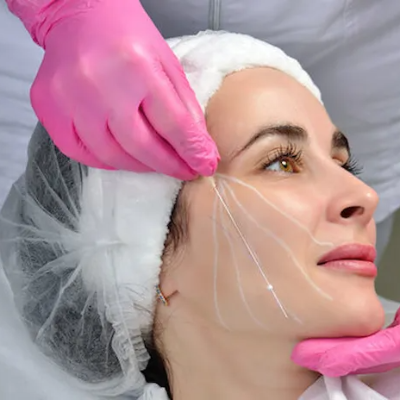 Fellowship in Medical Cosmetology after BDS
Fellowship in Medical Cosmetology after BDS Fellowship in Medical Oncology
Fellowship in Medical Oncology Fellowship in Neuro Physiotherapy
Fellowship in Neuro Physiotherapy Fellowship in Neuro Rehabilitation
Fellowship in Neuro Rehabilitation Fellowship in Nutrition and Dietetics
Fellowship in Nutrition and Dietetics Fellowship in Nutrition and Environmental Medicine
Fellowship in Nutrition and Environmental Medicine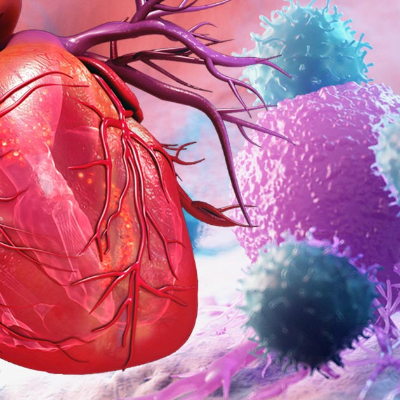 Fellowship in Oncology after MBBS
Fellowship in Oncology after MBBS Fellowship in Orthopedic Rehabilitation
Fellowship in Orthopedic Rehabilitation Fellowship in Oral Oncology
Fellowship in Oral Oncology Fellowship in Pediatrics after MBBS
Fellowship in Pediatrics after MBBS Fellowship in Rheumatology Online
Fellowship in Rheumatology Online Fellowship in Sports Medicine
Fellowship in Sports Medicine Fellowship Program after MBBS
Fellowship Program after MBBS Gastroenterology Diploma Courses
Gastroenterology Diploma Courses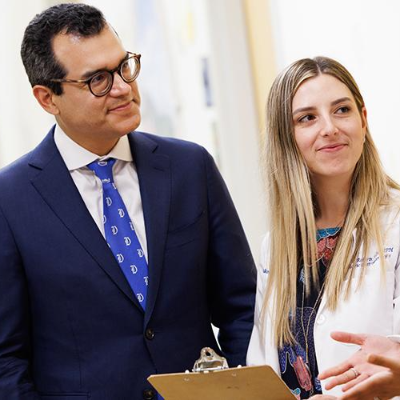 Gastroenterology Fellowship
Gastroenterology Fellowship Global Online Fellowship in Head and Neck Oncology
Global Online Fellowship in Head and Neck Oncology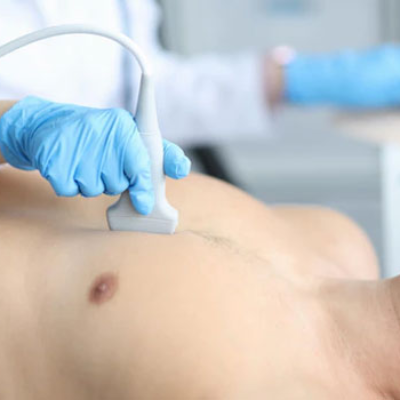 Hands On Echocardiography Training
Hands On Echocardiography Training Health Management Course
Health Management Course Higher Diploma in Oncology Clinical Medicine
Higher Diploma in Oncology Clinical Medicine Hospital Administration Course
Hospital Administration Course Hospital Administration Online Course
Hospital Administration Online Course Hospital Management Course Online
Hospital Management Course Online Hospital Management Diploma Online
Hospital Management Diploma Online Infectious Disease Fellowship
Infectious Disease Fellowship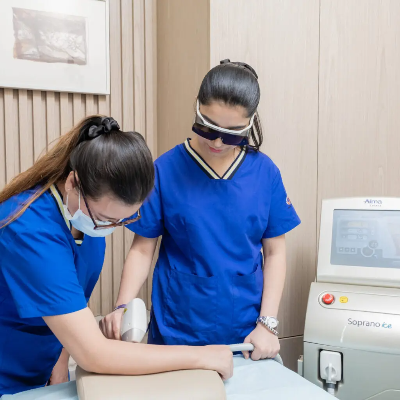 Institute of Laser and Aesthetic Medicine
Institute of Laser and Aesthetic Medicine Internal Medicine Course
Internal Medicine Course Internal Medicine Diploma
Internal Medicine Diploma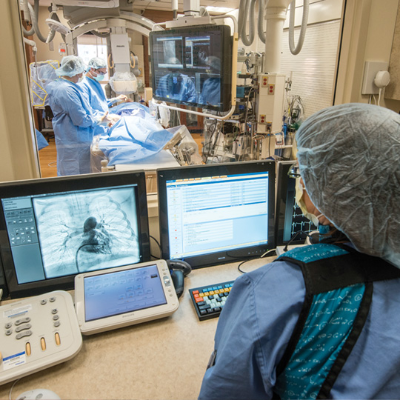 Interventional Cardiology Fellowship
Interventional Cardiology Fellowship Interventional Nephrology Fellowship
Interventional Nephrology Fellowship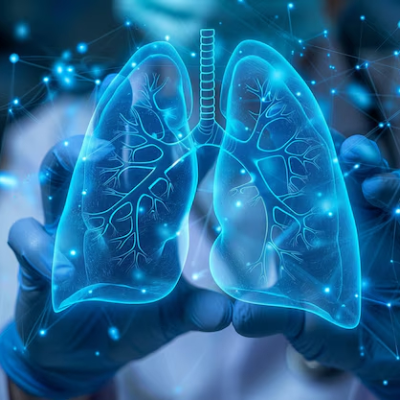 Interventional Pulmonology Fellowship
Interventional Pulmonology Fellowship Master in Hospital Administration
Master in Hospital Administration Masters in Hospital Management
Masters in Hospital Management MBA in Healthcare Management
MBA in Healthcare Management MBA in hospital administration
MBA in hospital administration Medical Cosmetology Courses
Medical Cosmetology Courses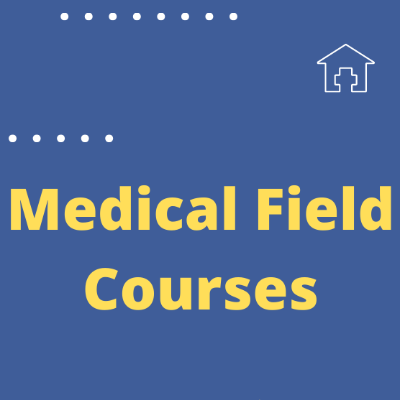 Medical Courses
Medical Courses Medical Courses for Doctors
Medical Courses for Doctors Medical Diploma Courses
Medical Diploma Courses Medical Fellowship
Medical Fellowship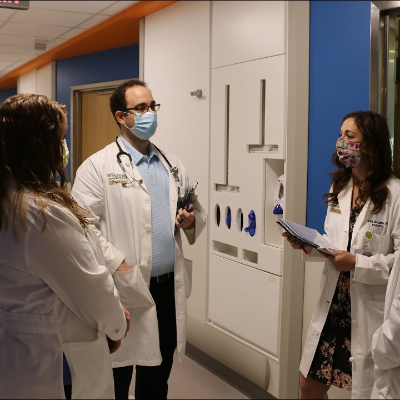 Medical Fellowship Programs
Medical Fellowship Programs Medical Oncology Courses
Medical Oncology Courses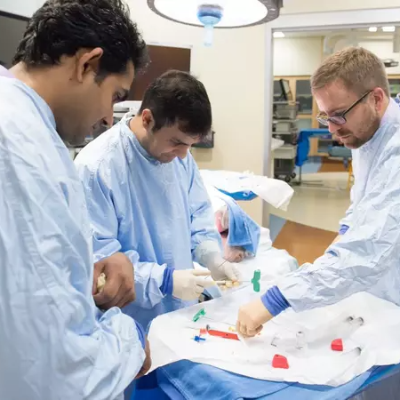 Medical Oncology Fellowship
Medical Oncology Fellowship Medicine Course
Medicine Course Medicine Diploma Courses
Medicine Diploma Courses Nephrology Certificate Course
Nephrology Certificate Course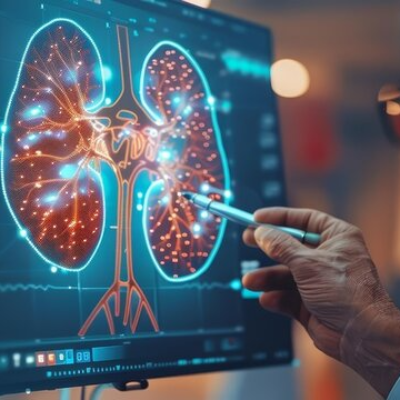 Nephrology Courses Online
Nephrology Courses Online Neurorehabilitation Courses Online
Neurorehabilitation Courses Online Nutrition Course after MBBS
Nutrition Course after MBBS Nutrition Courses for Doctors
Nutrition Courses for Doctors Nutrition Fellowship for Dietitians
Nutrition Fellowship for Dietitians Nutritionist after MBBS
Nutritionist after MBBS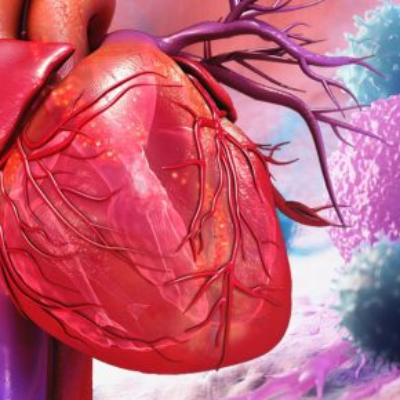 Oncology Courses after MBBS
Oncology Courses after MBBS Oncology Diploma
Oncology Diploma Oncology Fellowship
Oncology Fellowship Oncology Short Courses
Oncology Short Courses Online 2D Echo Course
Online 2D Echo Course Online Certificate Course in Diabetes
Online Certificate Course in Diabetes Online Certificate Course in Emergency Medicine
Online Certificate Course in Emergency Medicine Online Certificate Course in Gynaecology and Obstetrics
Online Certificate Course in Gynaecology and Obstetrics Online Certificate Courses after MBBS
Online Certificate Courses after MBBS Online Certificate Courses for Doctors
Online Certificate Courses for Doctors Online Certificate Courses for MBBS Doctors
Online Certificate Courses for MBBS Doctors Online Certificate Courses in Infectious Diseases
Online Certificate Courses in Infectious Diseases Online Courses for Doctors
Online Courses for Doctors Online Courses for MBBS Doctors
Online Courses for MBBS Doctors Online Courses for Pediatricians
Online Courses for Pediatricians Online Critical Care Fellowship
Online Critical Care Fellowship